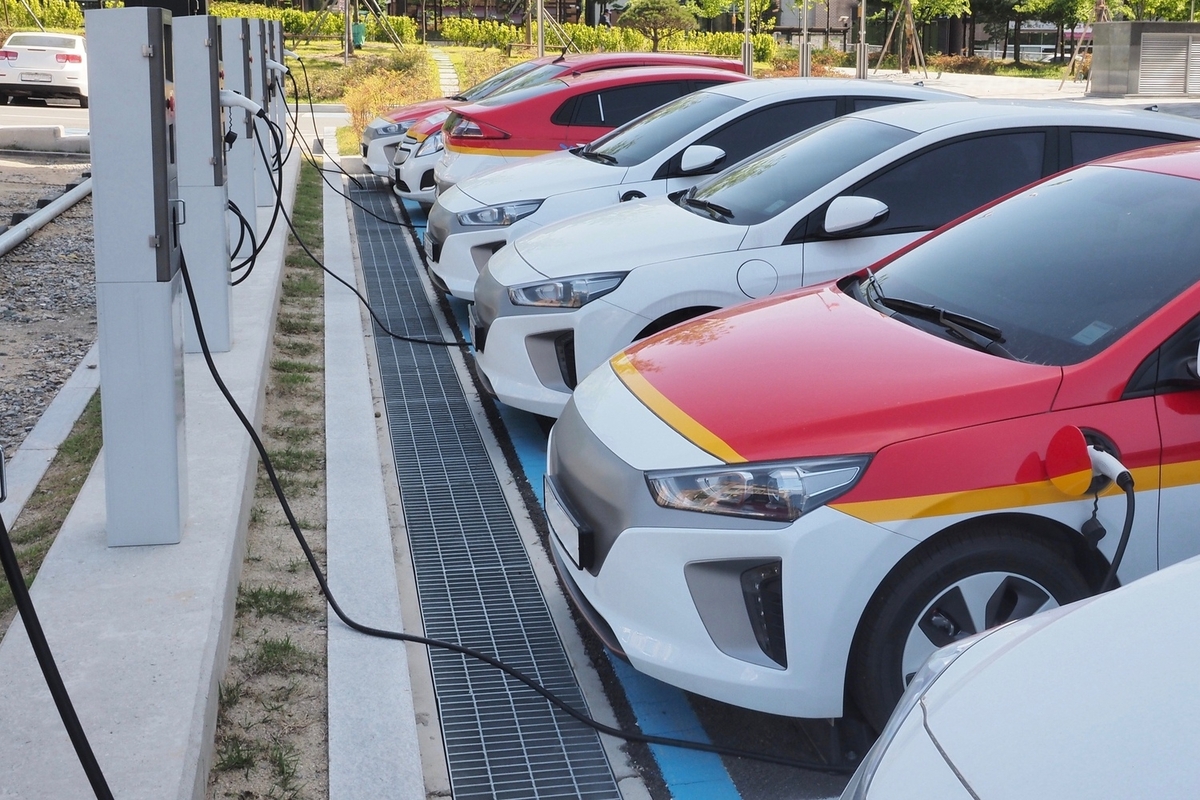Understanding the True Expenses of Electric Vehicle Ownership
This article explores the true costs associated with owning an electric vehicle, including purchase price, charging expenses, maintenance, and insurance. It highlights long-term savings and financial considerations to help buyers make an informed decision about EV ownership. The piece provides practical insights into incentives, ongoing costs, and overall affordability, making it a valuable resource for prospective EV owners seeking a clear understanding of the economic aspects involved.
Sponsored

The shift towards electric mobility marks a major evolution in the automotive sector. As climate concerns and fuel efficiency drive demand, many opt to transition from traditional gasoline cars to electric models. Although EVs are praised for their eco-friendly nature and lower operational costs, they come with distinct financial considerations. This article explores the actual costs involved in owning an electric vehicle, including purchase prices, maintenance, charging expenses, and long-term financial benefits.
1. Initial Investment:
Cost at Purchase
One of the primary barriers to EV ownership is the upfront cost. While prices have decreased, electric models generally still cost 4,000 to 15,000 dollars more than comparable gasoline vehicles.
Thankfully, many governments offer incentives like rebates, tax credits, and grants. For instance, in the United States, federal incentives range from $2,500 to $7,500 based on the vehicle's make and model.
Table 1: Comparing Costs of Electric and Combustion Vehicles
Vehicle Type Average Price Incentives (USA)
Electric Vehicle (EV) $30,000 — $60,000 $2,500 — $7,500
Gasoline Vehicle $20,000 — $40,000 None
Note: Prices are approximate ranges and vary by make, model, and location.
2. Charging Expenses:
Refueling an EV is typically cheaper than filling a gas tank. Charging costs depend on battery size, vehicle efficiency, and local electricity rates.
Home Charging: Most EV owners recharge at home using standard 120V outlets or faster 240V Level 2 chargers. Costs usually range from $0.10 to $0.30 per kWh, with average battery sizes around 60 kWh. Fully charging costs between $6 and $18.
Public Charging: Charging stations charge by time or energy, costing between $0.25 and $0.60 per kWh, with faster chargers being pricier.
Table 2: Charging Cost Overview
Charging Method Cost per kWh Cost for Full Charge (60 kWh)
Home Charging $0.10 — $0.30 $6 — $18
Public Charging $0.25 — $0.60 $15 — $36
3. Maintenance Considerations:
Electric vehicles generally have lower maintenance needs due to fewer moving parts and no internal combustion engine. Common services like oil changes and exhaust repairs are unnecessary.
However, specific costs include:
Battery Replacement: A key expense, batteries can cost between $3,000 and $10,000 to replace, though warranties often cover this for 8+ years.
Brake System: Although regenerative braking reduces wear, brake pads still need periodic replacement, often less frequently than in traditional cars.
Table 3: Maintenance Cost Breakdown
Service Item Gas Car Electric Car
Oil Change $30 — $70 None
Brake Pads $100 — $300 $100 — $250
Battery Replacement None $3,000 — $10,000
4. Insurance Expenses:
Despite lower maintenance costs, insurance premiums for EVs generally run higher due to their higher replacement value and advanced technology. Premiums can be 10-30% above those for comparable gasoline vehicles, influenced by the car model, location, and driving record.
Table 4: Insurance Cost Comparison
Vehicle Type Average Annual Premium
Electric Vehicle (EV) $1,200 — $2,000
Gasoline Vehicle $900 — $1,500
5. Long-Term Financial Benefits:
Though the initial cost is higher, owning an EV can be more economical over time. Savings on fuel and less frequent repairs contribute to reduced total ownership costs.
Studies indicate that EV owners may spend less over five years when considering the entire lifecycle, saving approximately 2,000 to 4,000 dollars compared to traditional cars due to lower fuel and maintenance expenses.
Table 5: 5-Year Ownership Cost Comparison
Vehicle Type Upfront Cost Fuel & Maintenance Total Cost
Electric Vehicle (EV) $35,000 $3,000 — $5,000 $38,000 — $40,000
Gasoline Vehicle $30,000 $8,000 — $10,000 $38,000 — $40,000
Owning an EV offers substantial long-term savings, but initial purchase price, battery replacement costs, and insurance should be considered. Evaluating your driving needs, budget, and charging options will help determine if going electric is a prudent choice for you.






